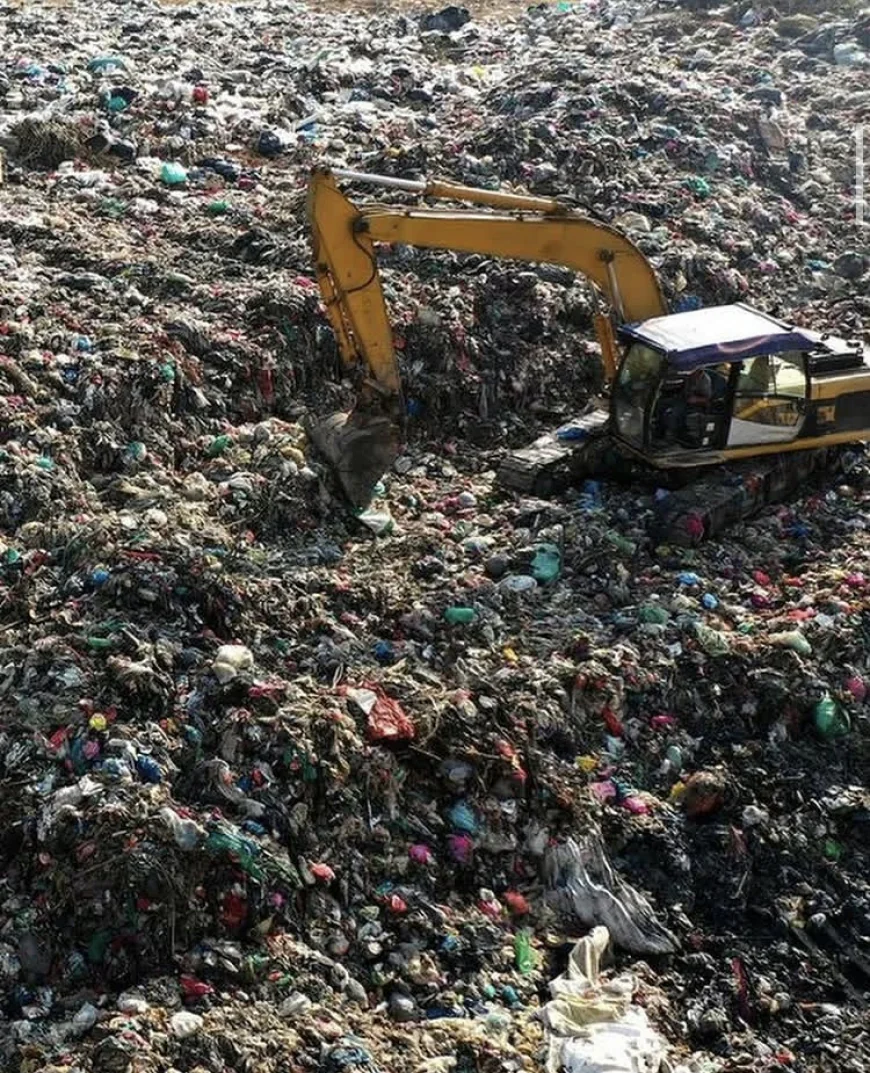The $950 Million Mistake: James Howells Officially Ends Search for Lost Bitcoin
James Howells, who accidentally threw away a hard drive containing 8,000 Bitcoin in 2013, has officially ended his search. The lost cryptocurrency is now worth over $950 million and could hit $8 billion by 2030.


A digital fortune buried in a landfill for good
James Howells, the British IT worker who accidentally discarded a hard drive in 2013 containing 8,000 Bitcoin, has officially ended his years-long search. The cryptocurrency, once worth mere pennies, is now valued at a staggering $950 million and could reach $8 billion by 2030, according to projections.
One Small Toss, One Massive Loss
In what’s become one of the most infamous Bitcoin tales, Howells mistakenly threw out the drive during a routine cleanup at home. It ended up buried deep in a landfill in Newport, Wales. Since then, he has poured over a decade and millions of dollars into trying to recover it.
From hiring AI-powered scanning robots to proposing high-tech landfill excavation plans, Howells tried everything short of an archaeological dig. But city officials repeatedly denied access, citing environmental and legal concerns.
The Dream is Over
This week, Howells confirmed he is officially abandoning the search. The cost, red tape, and increasingly slim chances of success have forced him to walk away from what might be the largest unclaimed crypto fortune on the planet.
“It’s heartbreaking, but I have to move on,” Howells said. “There’s no way around the city’s refusal.”
What Could Have Been
At today’s Bitcoin price, his 8,000 BTC haul would be worth around $950 million. If Bitcoin continues its upward trajectory and hits projected milestones by 2030, the lost fortune could skyrocket to over $8 billion.
That would have made Howells one of the richest people in the UK, from a drive smaller than a deck of cards.
A Cautionary Tale for the Digital Age
The story of James Howells serves as a surreal reminder of the fragile nature of digital wealth and how one accidental deletion (or disposal) could cost billions. In a world increasingly powered by digital assets, stories like this one remind us that hardware still matters.


